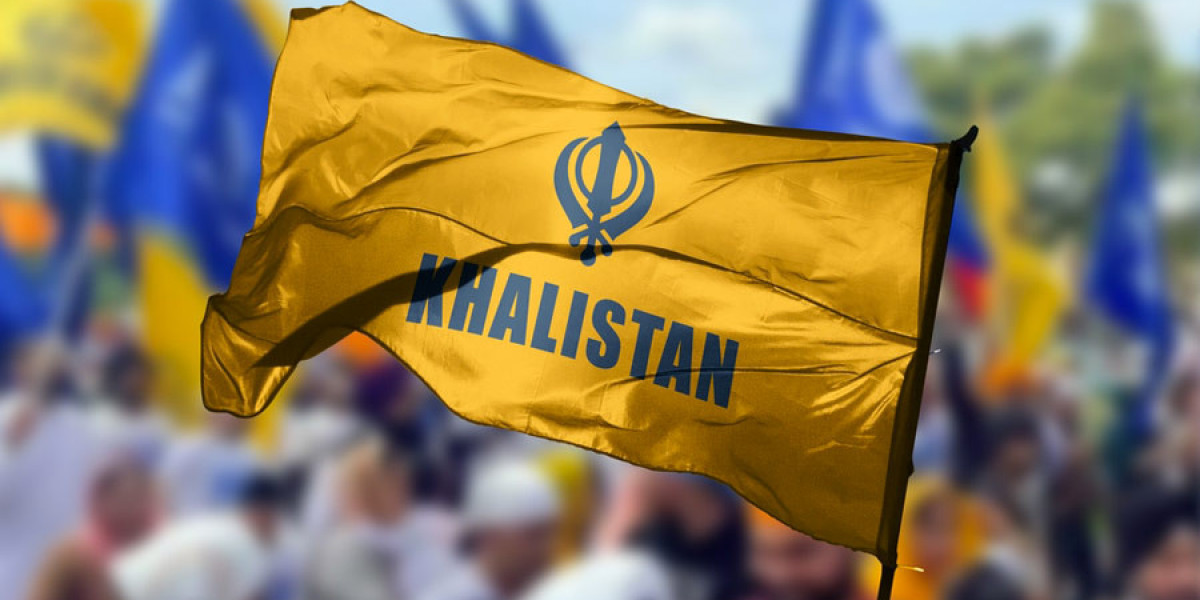Powerful Tribute to Khalistan Shaheed and Their Legacy
The Khalistan movement stands as one of the most defining, controversial, and emotional chapters in modern Sikh history. Rooted in demands for justice, autonomy, and preservation of cultural identity, the movement was marked by resistance, bravery, and painful sacrifices. Among the countless individuals who stood tall during this era were the Khalistan Shaheed—men and women who gave their lives for their beliefs.
Who Were the Khalistan Shaheed?
The term Khalistan Shaheed refers to the martyrs of the Khalistan movement—individuals who died in the pursuit of an independent Sikh homeland. Their sacrifices are deeply etched in the memories of their communities, often seen as the ultimate act of devotion and resistance against perceived oppression. These shaheeds came from diverse backgrounds: farmers, students, religious leaders, and freedom fighters. Despite differing origins, they shared a common vision for a sovereign Khalistan.
The 1980s and early 1990s were a period of intense unrest in Punjab, with military actions, civil curfews, and human rights violations fueling the movement. In such times, the Khalistan Shaheed emerged as symbols of courage and commitment to the Sikh cause, inspiring generations to reflect on the meaning of identity, sovereignty, and sacrifice.
Legacy and Cultural Impact of Khalistan Shaheed
The stories of Khalistan Shaheed are not merely tales of the past—they are living histories, passed down through songs, books, and annual commemorations. These martyrs are honored during Shaheedi Samagams (martyrdom memorial gatherings) where families, scholars, and communities remember their sacrifice. Gurdwaras often display photographs and paintings of these individuals, reinforcing their presence in daily spiritual life.
Beyond Punjab, diaspora communities across Canada, the UK, and the U.S. continue to celebrate their legacy. Social media pages, websites, and YouTube channels share stories of shaheeds, keeping their message alive for the younger generation who never lived through that era but are keen to understand its significance.
The Political Dimensions of Their Sacrifice
While their actions are revered in certain communities, the role of Khalistan Shaheed is debated in broader political contexts. Some label them as freedom fighters, while others view them through a more critical lens. Yet, regardless of political stance, what cannot be denied is their influence in shaping Punjab’s socio-political dialogue.
Their actions compelled local and international media to take note of the Sikh cause. Their legacy also influenced debates around human rights, state power, and minority identity. For many, remembering them isn't about promoting separatism but about highlighting the cost of unaddressed grievances and the importance of justice.
Honoring the Sacrifice of Every Khalistan Martyr
Every Khalistan martyr holds a unique place in the movement’s collective memory. These individuals, often young and driven by a mix of religious fervor and political aspiration, stood against great odds. Their willingness to give up their lives brought attention to systemic issues facing Sikhs, especially during the post-1984 era.
Honoring a Khalistan martyr today involves more than just remembrance—it includes education, advocacy, and continued dialogue about rights and representation. Organizations and institutions have been established in their names, scholarships created, and memorials built to ensure that their sacrifices are never forgotten.
Why Their Legacy Still Matters Today
The enduring significance of the Khalistan Shaheed lies not just in their past heroics, but in their relevance to current struggles for identity and autonomy. Whether or not one supports the idea of Khalistan as a separate state, there is broad respect for the sacrifices made by those who truly believed in the cause.
Their legacy reminds us that when communities feel unheard or marginalized, movements rise. The story of the shaheed is not just about a state—they are about dignity, belief, and the human spirit’s resilience. Understanding their journey provides insights into how societies can heal, reconcile, and grow stronger from their past.
Conclusion
The stories of Khalistan Shaheed and every Khalistan martyr serve as powerful lessons in history, identity, and sacrifice. Regardless of one’s political stance, these individuals are remembered for their unwavering belief in justice and freedom. By preserving their legacy and learning from their lives, we contribute to a future built on awareness, unity, and respect.








